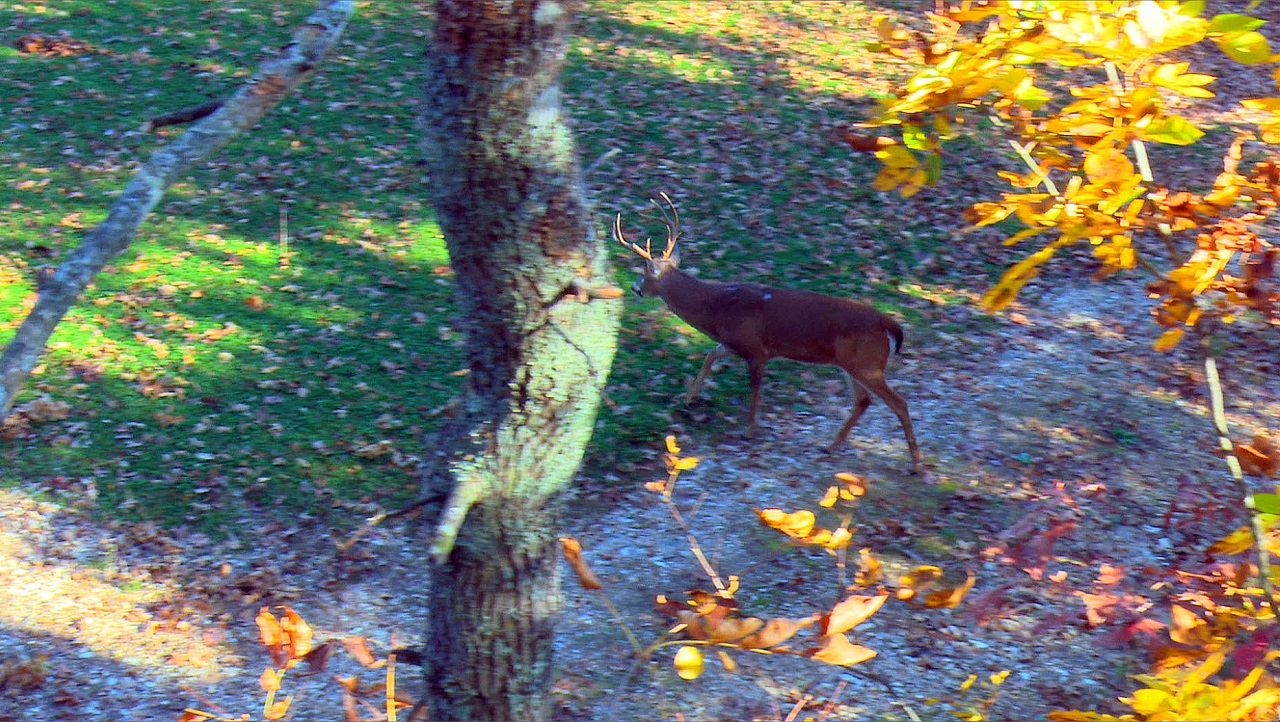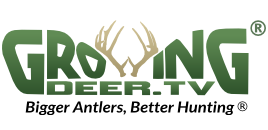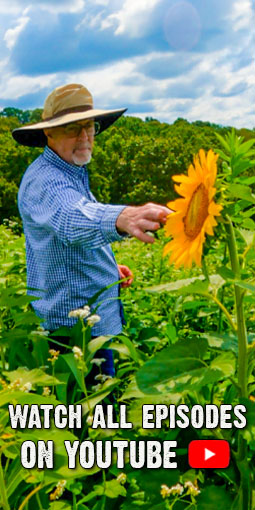Hunting Strategies to Tag Bucks In October
Filed under: Deer Hunting, Hunting Blog
Throughout most of the whitetail’s range the peak of the rut (biggest percentage of does receptive at one time) doesn’t occur during early October. That may sound like bad news. It’s not. It does mean hunters need to use different techniques than appropriate during the rut. During early October, bucks are focused on food and determining the dominance hierarchy.
Hunters can use this knowledge to create successful strategies to tag bucks. Bucks are genetically programmed to gain weight/develop fat to prepare for the post-rut winter stress period. If your goal is to gain weight you focus on consuming carbs. Deer are the same. During this time of year deer seek grains and acorns – both loaded with carbs.
In production corn and soybean areas deer commonly frequent standing or recently harvested grain fields. These fields tend to be large and difficult to pattern where deer enter and exit. It’s often a better strategy to scout for travel corridors from cover to these fields. Once a travel corridor is found, look for a point along the corridor that bottlenecks deer to a small area and can be approached, hunted, and exited without alerting deer.

In areas that are primarily covered with timber, especially oaks, deer can be difficult to pattern when the acorn crop is widespread. When this occurs, more scouting may be necessary to find fresh sign and good stand/blind locations. In addition, more frequent scouting may be necessary as the location of the currently preferred acorns can change frequently because the timing of acorn drop varies by species, weather conditions, etc.
In addition to seeking carbs, bucks are using direct contact, scrapes, and multi-year rubs to determine the constantly changing hierarchy. This behavior means mocks scrapes can be a great tool to pattern bucks and/or create bottlenecks. I’ve shared how to create mock scrapes in this video: Deer Hunting Strategy: How To Make A Mock Scrape.
I often combine these two dominate behaviors to tag bucks during October. I create a mock scrape in or near a source of quality food. Bucks will be in or near sources of quality food during their need to gain calories. While seeking quality food, bucks will be attracted to scent communication points such as scrapes. If there’s not a natural scrape near the ideal stand or blind location I create a mock scrape within my effective shot range. You can see a successful use of this technique here.
Understanding the behavior of deer throughout the hunting season will increase the odds of tagging a buck and putting fresh venison in the freezer.
Enjoy Creation,
Grant



